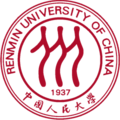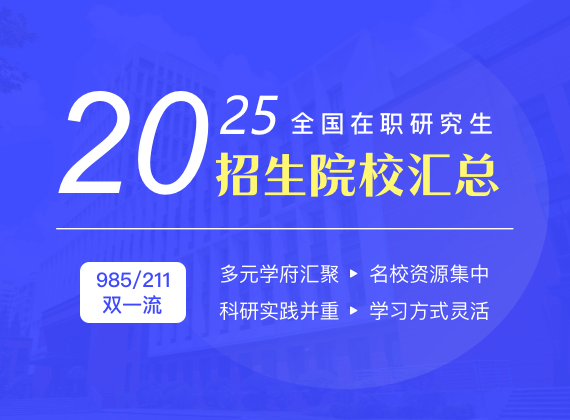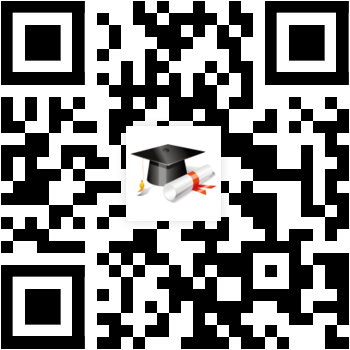2020年同等学力申硕考试英语语法练习指导(三)
来源:在职研究生招生信息网 发布时间:2020-05-27 16:42:05
2020年将在11月举行申硕考试,而同等学力申硕考试中英语考试部分很重要,考生要多加强此方面的练习。以下是为大家整理的2020年英语语法练习题,大家可作为参考练习,考生也不能在复习上掉以轻心哦。
一、
The term investment portfolio conjures up visions of the truly rich-the Rockefellers, the Wal Mart Waltons, Bill Gates. But today, everyone from the Philadelphia firefighter, his part time receptionist wife and their three children, to the single Los Angeles lawyer starting out on his own-needs a portfolio.
A portfolio is simply a collection of financial assets. It may include real estate, rare stamps and coins, precious metals and even artworks. But those are for people with expertise. What most of us need to know about are stocks, bonds and cash (including such cash equivalents as money market funds).
How do you decide what part of your portfolio should go to each of the big three? Begin by understanding that stocks pay higher returns but are more risky; bonds and cash pay lower returns but are less risky.
Research by Ibbotson Associates, for example, shows that large company stocks, on average, have returned 11.2 percent annually since 1926. Over the same period, by comparison, bonds have returned an annual average of 5.3 percent and cash, 3.8 percent.
But short term risk is another matter. In 1974, a one year $1000 investment in the stock market would have declined to $735.
With bonds, there are two kinds of risk: that the borrower won't pay you back and that the money you'll get won't be worth very much. The U.S. government stands behind treasury bonds, so the credit risk is almost nil. But the inflation risk remains. Say you buy a $1000 bond maturing in ten years. If inflation averages about seven percent over that time, then the $1000 you receive at maturity can only buy $500 worth of today's goods.
With cash, the inflation risk is lower, since over a long period you can keep rolling over your CDs every year (or more often). If inflation rises, interest rates rise to compensate.
As a result, the single most important rule in building a portfolio is this: If you don't need the money for a long time, then put it into stocks. If you need it soon, put it into bonds and cash.
1、This passage is intended to give advice on ______.
A.how to avoid inflation risks
B.what kinds of bonds to buy
C.how to get rich by investing in stock market
D.how to become richer by spreading the risk
2、The author mentions such millionaires as the Rockefellers and Bill Gates to show that ______.
A.they are examples for us on our road to wealth
B.a portfolio is essential to financial success
C.they are really rich people
D.they started out on their own
3、Which of the following statements will the author support?
A.Everybody can get rich with some financial assets.
B.The credit risk for treasury bonds is extremely high.
C.It's no use trying to know the advantages of stocks, bonds and cash.
D.Everybody should realize the importance of distribution of their financial assets.
4、The word "returns" in paragraph three can be best replaced by " ______."
A.returning journeys B.profits C.savings D.investments
5、The author of the passage points out that ______.
A.keeping cash is the only way to avoid risks
B.the longer you own a stock, the more you lost
C.the high rate of profit and high rate of risk coexist in stocks
D.the best way to accumulate wealth is by investing in stocks
参考答案:
1、D 2、D 3、D 4、B 5、C
二、
1、______ had I reached school than the bell rang.
A. No sooner B. Only C. Hardly D. Rarely
2、______, he faced the difficult situation calmly.
A. As he was young B. Young was he
C. Young as he was D. He was young
3、There is some evidence ______ dishonesty may ebb and flow.
A. why B. how C. when D. that
4、All ______ is a continuous supply of the basic necessities of life.
A. what is needed B. the time needed
C. for our needs D. that is needed
5、______ the train accident was a miracle.
A. The child would survive B. Why the child survived
C. That the child survived D. When the child survived
参考答案&解析:
1、A 本题主句为倒装句,助动词had被提前,A、B、C、D 四个选择都符合倒装这一要求,但只有no sooner 才可以和than 连用。因此A为正确选择。注意:no sooner … than … 和hardly … when … 为固定搭配。
2、C 属于形容词young 放在句首的部分倒装句型,young as he was = although he was young 。
3、D 根据空当后内容判断,它解释说明空当前evidence 的具体内容,因此,空当以及后面应为同位语从句,同位语从句一般由that 引导。只有带有reason 后的同位语从句才由why 来引导。题意:有迹象表明:不诚实行为有减有增。
4、D 空当后出现的谓语动词和空当前的all 组成一个完整的主谓结构。据此推断:空当处为一个定语或定语从句。what 不可引导定语从句,A 即可排除。B 和C 语义不通,也可排除。因此,D 为正确选择。that 引导定语从句,在从句中作主语。题意为:所需要的一切是不断提供基本的生活必需品。
5、C 根据四项选择及空当后内容可推知题意:小孩在火车事故中幸免于难,这真是奇迹。据此题意,was 前为一个主语从句。A 无引导词,故排除。B 和D 虽有引导词,但语义不通。C 为正确选择。that 引导主语从句,在从句中不充当成分。





















